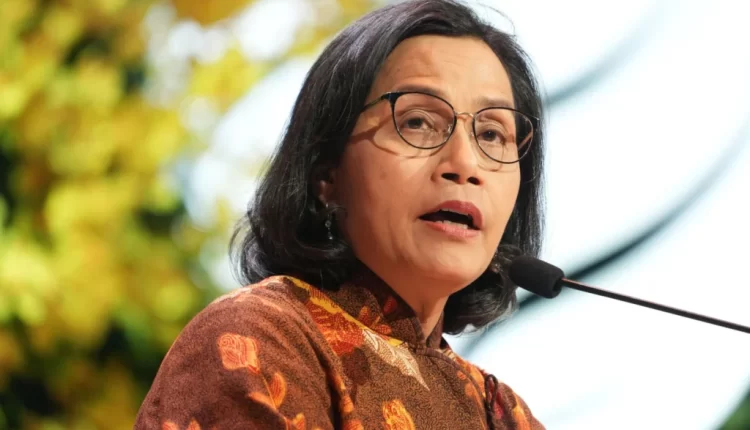Government Launches Economic Stimulus Package to Maintain People’s Purchasing Power
JAKARTA – The Government of the Republic of Indonesia announced a series of economic stimulus packages aimed at maintaining people’s purchasing power and stimulating the national economy.
This step is a proactive response from the government in anticipating global and domestic economic dynamics.
The policy package is designed to provide incentives to various levels of society, from low-income households, the middle class, to business actors, especially MSMEs and labor-intensive industries.
Finance Minister Sri Mulyani Indrawati emphasized the government’s commitment to maintaining public welfare through the stimulus package.
“To maintain public welfare, the government has prepared incentives in the form of an Economic Stimulus Package that will be given to various classes of society,” said Finance Minister Sri Mulyani.
He added that the incentive package was the result of suggestions and input from various parties, in response to concerns about the impact on household consumption and the economy.
The stimulus package includes several key initiatives.
For low-income households, the government provides subsidies for basic necessities and essential goods.
The policy ensures that prices of essential goods remain affordable.
In addition, the government is also designing a Food Assistance policy in the form of 10 kg of rice per month which will be given to 16 million Food Assistance Recipients (PBP) during January-February 2025.
This step aims to ease the burden on household expenses.
A 50 percent discount on electricity costs for customers with installed electricity capacity of up to 2,200 VA during the same period is also part of this effort.
For the middle class, the government continues to provide a number of incentives that have been running previously.
The incentives include subsidies for the purchase of property and electric motor vehicles.
In addition, the government also provides PPh Article 21 DTP incentives for workers in labor-intensive sectors with salaries of up to IDR 10 million per month.
The government is also optimizing the Job Loss Guarantee (JKP) program from BPJS Ketenagakerjaan, and providing a 50 percent discount on the payment of Work Accident Guarantee (JKK) contributions to the labor-intensive industrial sector.
The business world, especially MSMEs and labor-intensive industries, is also a focus of government attention.
The government has extended the validity period of the 0.5 percent Final Income Tax for Individual Taxpayers (WP OP) of MSMEs until 2025.
MSMEs with a turnover of less than IDR 500 million per year are even completely exempted from the imposition of income tax.
The government is also preparing financing for labor-intensive industries for machine revitalization with a 5 percent interest subsidy scheme.
Coordinating Minister for Economic Affairs Airlangga Hartarto emphasized that the policy package was designed to provide protection to the public, support to business actors, and maintain price stability and supply of basic necessities.
“Once again we convey that the Economic Policy Package is designed to protect the community, support business actors, especially MSMEs and labor-intensive industries, and maintain price stability and the supply of basic necessities,” said Airlangga.
“And at the same time in order to accelerate national economic growth,” he added.
The stimulus package is a manifestation of the government’s commitment to maintaining people’s purchasing power and encouraging sustainable economic growth.
